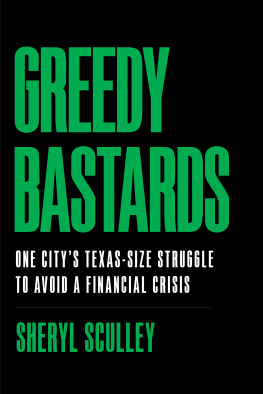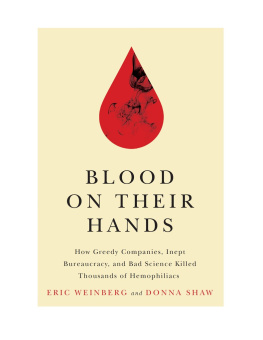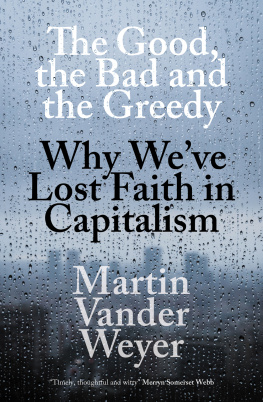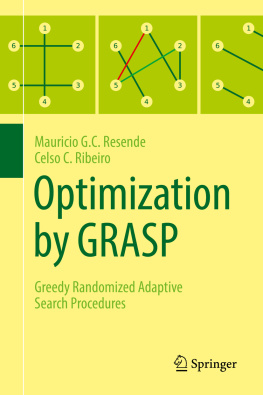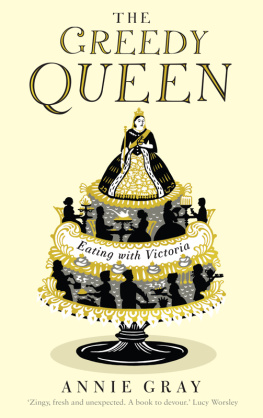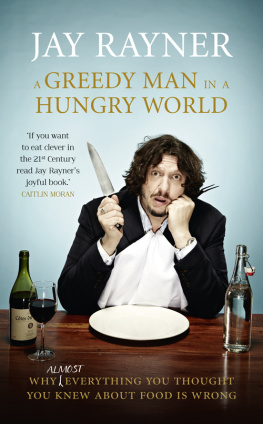A GUIDE FOR THE GREEDY
This is surely the most extraordinary book on food and eating ever published in the English language. Miss Pennell, who was a correspondent for the Pall Mall Gazette at the height of its amusement and fashionability, was obviously the inspiration of the Two Fat Ladies. Writing about good food with good writing has never been done so successfully. Beginning with an essay on the virtue of gluttony it traverses past breakfast, sandwiches, dinner, supper, portage, soups, sole, oysters, partridge, salads, and savouries, coming sadly to an all too soon a stop at cheese and coffee. Oh, but not forgetting a skirmish with the vegetables.
Elizabeth Robins Pennell was a well-known columnist and biographer who collaborated with artist James McNeil Whistler on many travel writings.
THE KEGAN PAUL LIBRARY OF CULINARY ARTS
All About Ices, Jellies and Creams Henry G. Harris and S. P. Borella
Alexander Dumas Dictionary of Cuisine Alexander Dumas
Dictionary of Cooking
Something New in Sandwiches M. Redington White
A Guide to the Greedy by A Greedy Woman Elizabeth Robins Pennell
A Kings Confectioner in the Orient Friedrich Unger
The Gentle Art of Cookery Hilda Leyel and Olga Hartley
Skuses Complete Confectioner E. Skuse
Three Hundred and Sixty-Six Menus and Twelve Hundred Recipes Baron Brisse
First published in 2003 by
Kegan Paul Limited
Distributed by
Turpin Distribution
Published 2016 by Routledge
2 Park Square, Milton Park, Abingdon, Oxon OX14 4RN
711 Third Avenue, New York, NY 10017, USA
Routledge is an imprint of the Taylor & Francis Group, an inform a business
Kegan Paul, 2003
All Rights reserved. No part of this book may be reprinted or reproduced or utilised in any form or by any electric, mechanical or other means, now known or hereafter invented, including photocopying or recording, or in any information storage or retrieval system, without permission in writing from the publishers.
British Library Cataloguing in Publication Data
A catalogue record for this book is available from the British Library.
Library of Congress Cataloging-in-Publication Data
Applied for.
ISBN 13:978-0-71030-823-8 (hbk)
INTRODUCTION TO ORIGINAL EDITION
I HAVE always wondered that woman could be so glib in claiming equality with man. In such trifling matters as politics and science and industry, I doubt if there be much to choose between the two sexes. But in the cultivation and practice of an art which concerns life more seriously, woman has hitherto proved an inferior creature.
For centuries the kitchen has been her appointed sphere of action. And yet, here, as in the studio and the study, she has allowed man to carry off the laurels. Vatel, Carme, Ude, Dumas, Gouff tienne, these are some of the immortal cooks of history: the kitchen still waits its Sappho. Mrs. Glasse, at first, might be thought a notable exception; but it is not so much the merit of her book as its extreme rarity in the first edition which has made it famous.
Woman, moreover, has eaten with as little distinction as she has cooked. It seems almostmuch as I deplore the admissionas if she were of coarser clay than man, lacking the more artistic instincts, the subtler, daintier emotions.
I think, therefore, the great interest of the following papers lies in the fact that they are written by a woman a greedy woman. The collection, evidently, does not pretend to be a Cooks Manual, or a Housewifes Companion: already the diligent, in numbers, have catalogued recipes, with more or less exactness. It is rather a guide to the Beauty, the Poetry, that exist in the perfect dish, even as in the masterpiece of a Titian or a Swinburne. Surely hope need not be abandoned when there is found one woman who can eat, with understanding, the Feasts of Autolycus.
INTRODUCTION
I LOOK back to the writing of my weekly column on cookery with a livelier pleasure than to most of the newspaper work I was doing at the time. Thesubject interested me, for I have always understood the importance of a good dinner. But more than this, the articles were the cause of two delightful episodes in my life.
To the series I owe my close association with the Pall Mall Gazette at the period when Astor was the proprietor and Harry Oust his first editor. Perhaps because he was an amateur in editing, Cust helped his contributors to turn Journalism Into play. He made a family party of his staff, whom he liked to see gay and to keep amused: the reason why he always got the best out of every one who worked for him. I doubt if any other paper was ever run on the same lines. Our frequent reunions seemed as essential to our task as our mornings or evenings at the desk. He had a personal pride and share in all we did, and I retain a Joyous memory of the dinner to which he came when my weekly article, one of unusual flam-boyancy, served as menu for the Pall Mall man whose guests we were. Many of the cleverest men and women then in London were working for him, and certainly the Pall Mall had never been so brilliant before and has never been so brilliant since. Cust deserves a wider editorial fame than is his, and a more generous tribute than he has yet received. But, after all, he was an amateur; editing with him was the pastime of a moment. He did it extraordinarily well, but he did not do it long. He tired of it, left it more and more to his assistant editor, Iwan Mller, and nobody was astonished when he was dismissed and a less gay and more professional successor appointed. With what I now fancy to have been a mistaken sense of loyalty, I at once resignedmistaken, that is, unless loyalty is its own reward.
Writing articles on cookery led me to buying books on cookery, also to receiving them for review. The first thing I knew I was a collector, and the pleasure of collecting was not brought to an end by the end of my connection with the Pall Mall. I went on steadily collecting, and few occupations in life prove so inexhaustible. I still collect, and only last winter became the proud possessor of a copy of Evelyns Acetaria, with an inscription to Sir Christopher Wren, signed by the intertwined J. E. on the fly-leaf. For treasure of this kind bankruptcy is worth risking, and no trouble seems too troublesome.
All collectors, no matter what they collect, will sympathize. Most other people will wonder where the pleasure comes in. Few even know that there are cookery-books to collectthat before printing was invented there was an imposing literature on the subject. Friends smile upon me indulgently when I mention my collection, as they might upon a child bragging of paper dolls or marbles. They also own cookery-books, they say encouragingly, Mrs. Rorers, if they happen to be American, Mrs. Marshalls, if they happen to be English; and it would be a waste of time to tell them that Mrs. Rorer and Mrs. Marshall are mere incidents among my six or seven hundred volumes; that these are a trifling number compared to the twenty-five hundred catalogued by Vicaire, and that his list would have been longer had his knowledge of English and American cookery-books been greater. To talk to such people of my incunabula would be throwing my pearls before the outsider. But collectors will understand my satisfaction in claiming two copies of Clius Apicius, one of which, in beautiful condition and with the old vellum binding, is the first edition printed in Venice by Bernardino, the date 1474. Whether the author was the Ccelius Apicius who feasted under Nero, or the Ccelius Apicius who gormandized under Trajan, I leave to students to decide. The learned Dr. Lister, as Evelyn called him, thought it was neither, but a cook of competent authority of the fifteenth century, its title given to the treatise out of compliment to one of the two great men honoured for generations as distinguished diners. I do not much care which of the three deserves the credit, since age is the sole recommendation to me of a book, which, as I am no Latin scholar, I cannot read. Many collectors, were they as honest, might make a similar confession. All I can manage to translate is a reference, here and there, to oil and wine, asparagus and melons, which sounds pleasant, or else to aniseed and asafoetida, and this sounds as nasty, justifying the commentator whose definition for most early dishes is garbage. From the collectors point of view, however, the book is the thing, not its contents. To this Clius Apicius, I managed to add, but in less perfect state, a copy of a later edition printed by Signerre of Milan in 1498, with Dr. Blaikies autograph and 1862 written on the flyleaf; also Dr. Listers reprint, the 1709 edition of which only a hundred copies were issued. The name of the Archbishop of Canterbury in the list of subscribers reminds us of those happy days, before the uplifter deprived us of our drink and the reformer fed us on pre-digested food, when dignitaries of the Church did not think the kitchen and the cellar beneath their patronage. By the side of Clius Apicius, I was eventually able to place Platina



